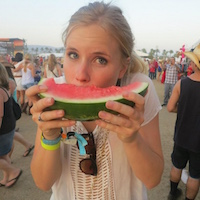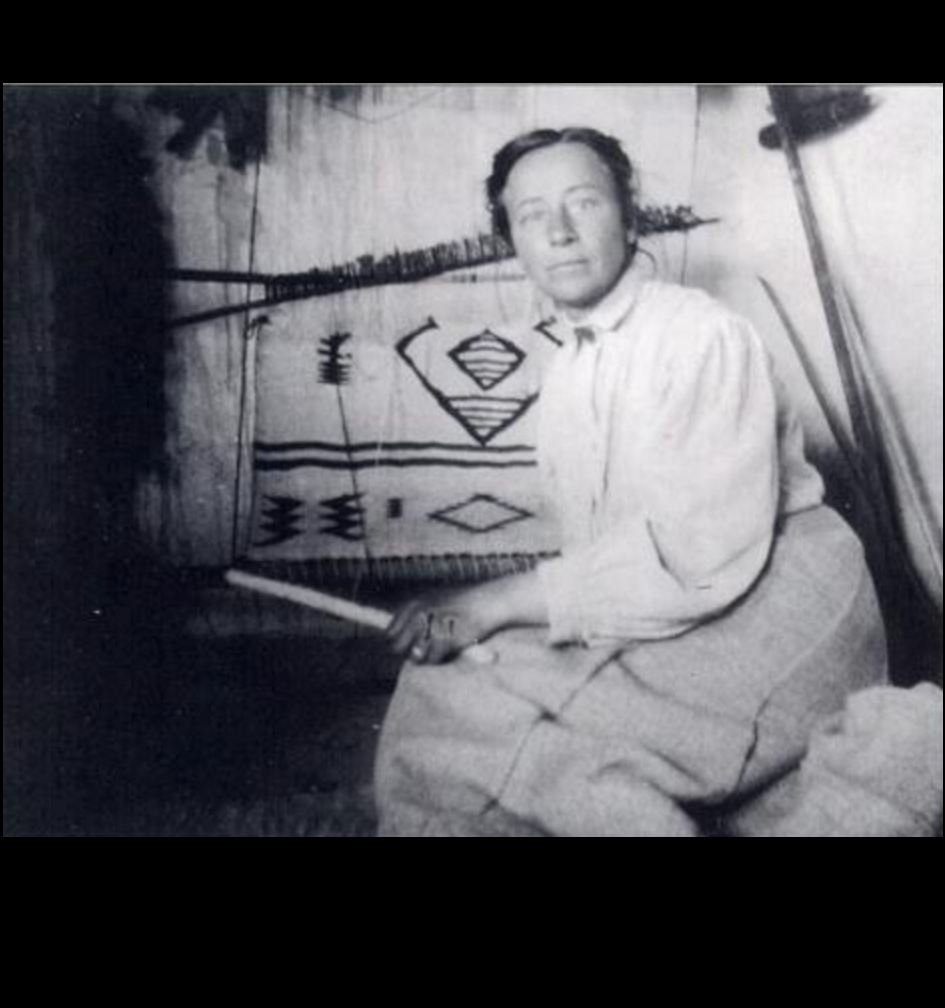More about Kate Cory
Works by Kate Cory

Contributor
Kate T. Cory was the pioneer of all our favorite recluse artists.
Born in 1861, Cory was one of the original pioneers who bailed on the big city and headed to the vast and enchanting southwest. Her disciples include Agnes Martin, Georgia O’Keeffe and Richard Tuttle.
Not much is known about Cory’s childhood other than the fact that she was born in Waukegan, Illinois where her mother and father housed people escaping enslavement via the Underground Railroad. Their house has a secret room in the basement where escaped slaves would hide before continuing their journey by boat in the Waukegan Harbor. This kind of open mindedness permeated Kate T. Cory’s life. Not to mention it was just really badass.
Her family eventually moved to New York City where she attended the best art schools in the country, Cooper Union and Art Students League of New York. She then became a commercial artist, a teacher at Cooper Union and a member of the Pen and Brush Club, where the real story starts. She met a guy named Louis Aiken who had just come back from living in Arizona and he was like, “Hey let’s start an artists’ colony in Arizona” and everyone was like “Yeah, no,” except Kate who was like “F*uck, yeah.” She bought a round trip ticket and never used her return ticket back to New York.
She lived on the Hopi Reservation for seven years, learning the language and documenting, via paintings and photographs, the Hopi way of life. She became a trusted person in their community which was a huge deal for a woman, let alone a white one. They asked her to formally join their tribe but she said she didn’t want to “cramp” their style.
Kate Cory never married or had any children but there is one mysterious picture in which she is wearing a wedding band leading us to believe that she may have had a secret Hopi lover. But who’s to say? Living with the Hopi people had a profound impact on Cory. She became incredibly resourceful and frugal, never buying new clothes, even to the point that women at her church would offer her their clothes because they thought she couldn’t afford them.
Kate returned to New York briefly when World War I started to gather food for the war effort and design aircraft wings and paint them in camouflage. But she returned to Arizona as quickly as she could, where she died at the age of 97. On her tombstone it reads, “Artist of Arizona, Hers Was The Joy of Giving.” If that doesn’t make you feel things then nothing will.
Sources
- Moss, Sandy L. “KATE CORY: Hopi Historian, Artist and Photographer.” Accessed February 3, 2017.
Featured Content
Here is what Wikipedia says about Kate Cory









Kate Cory (February 8, 1861 – June 12, 1958) was an American photographer and artist. She studied art in New York, and then worked as commercial artist. She traveled to the southwestern United States in 1905 and lived among the Hopi for several years, recording their lives in about 600 photographs.
Check out the full Wikipedia article about Kate Cory











